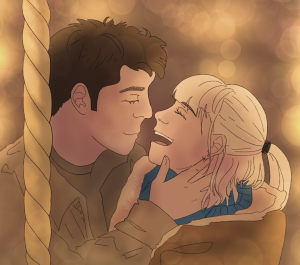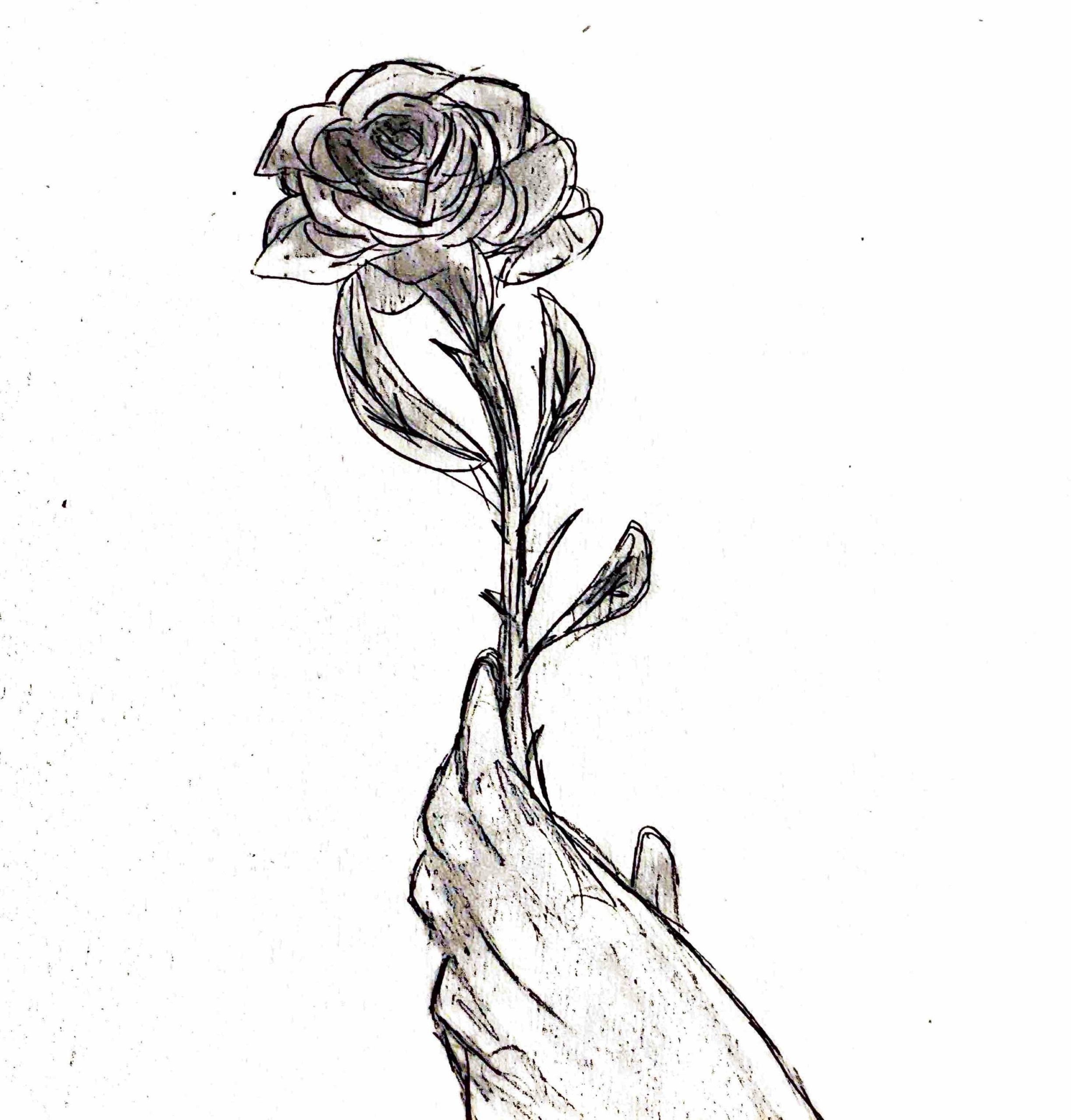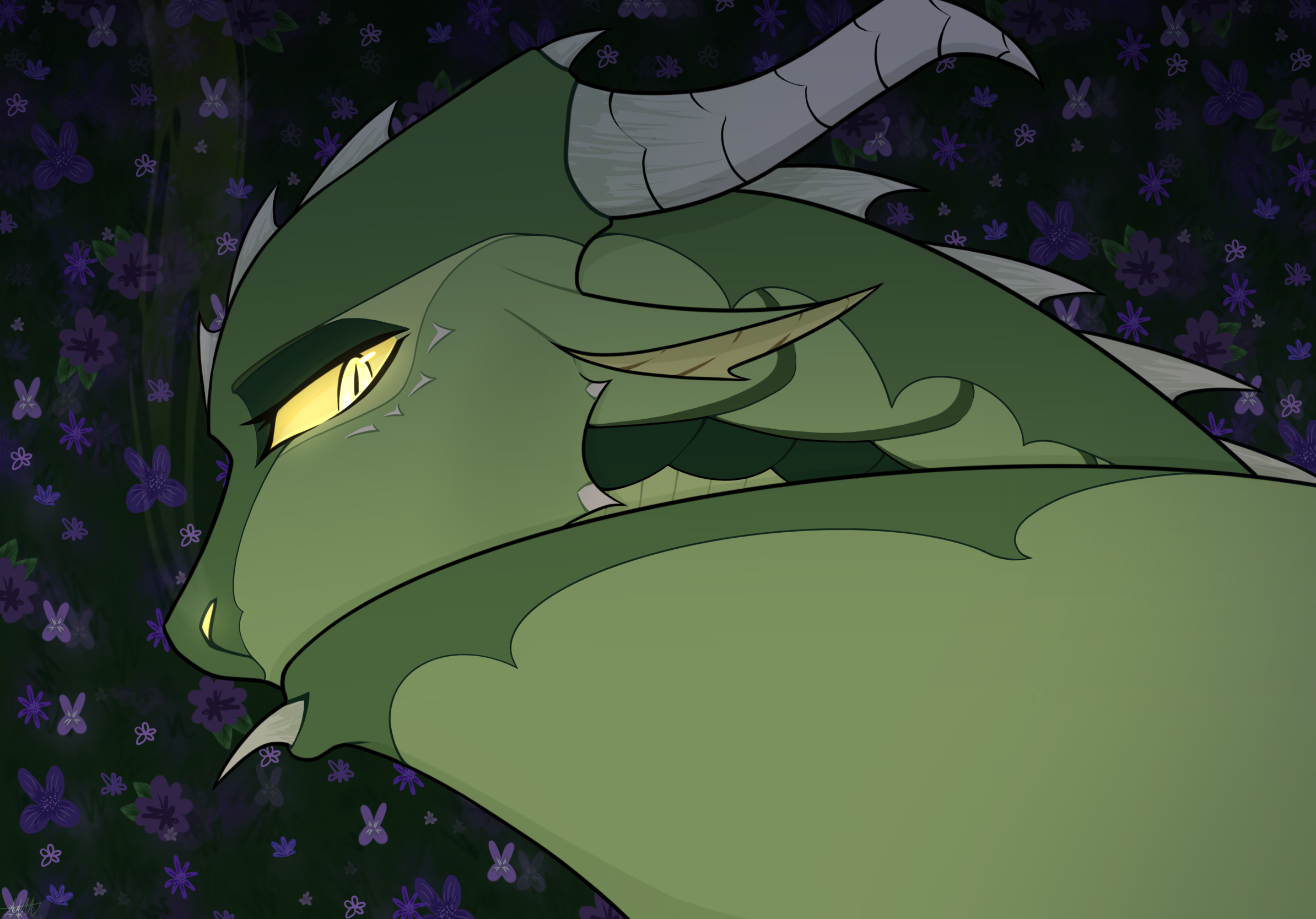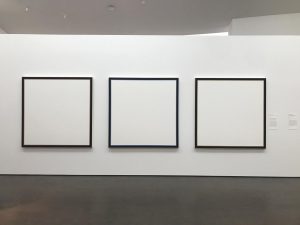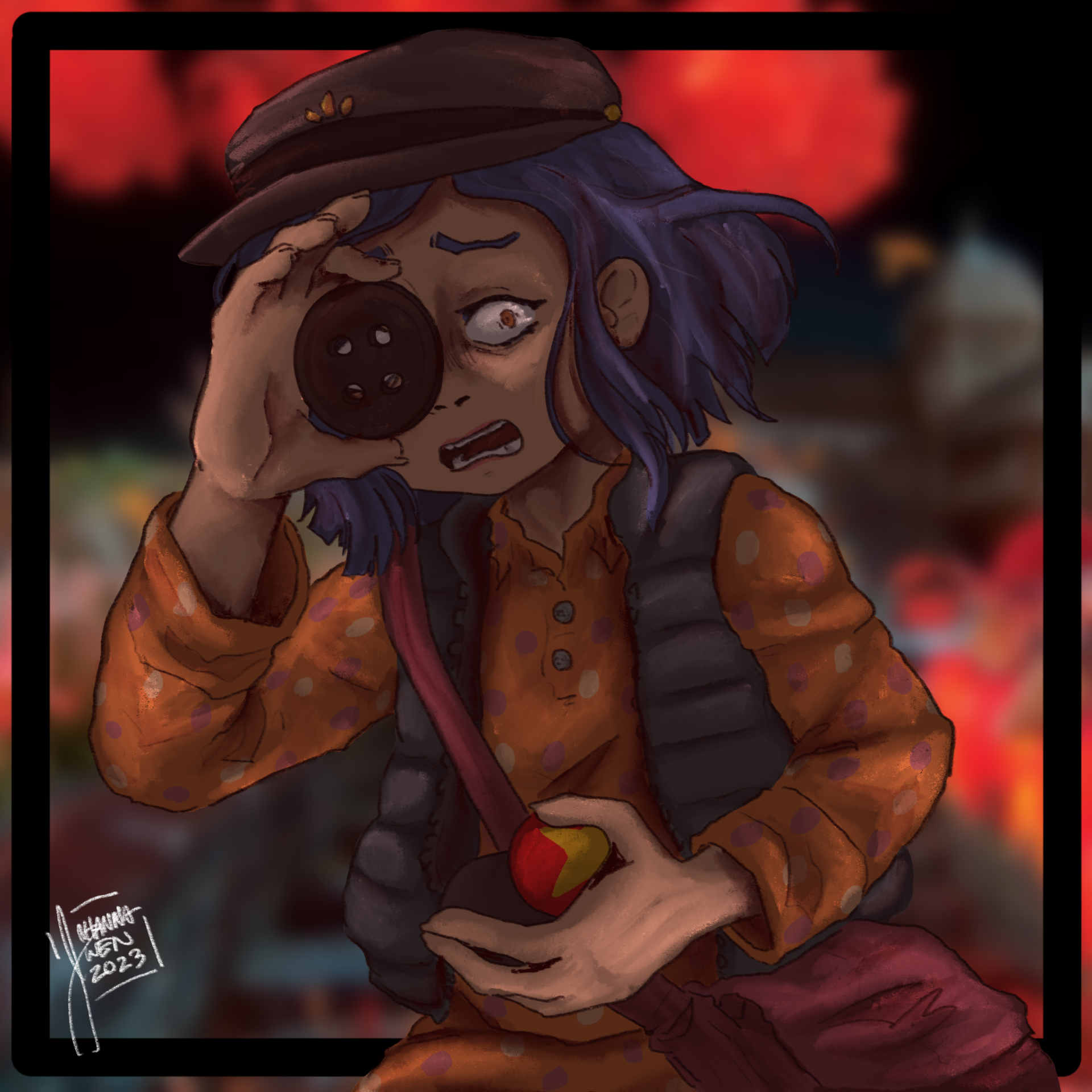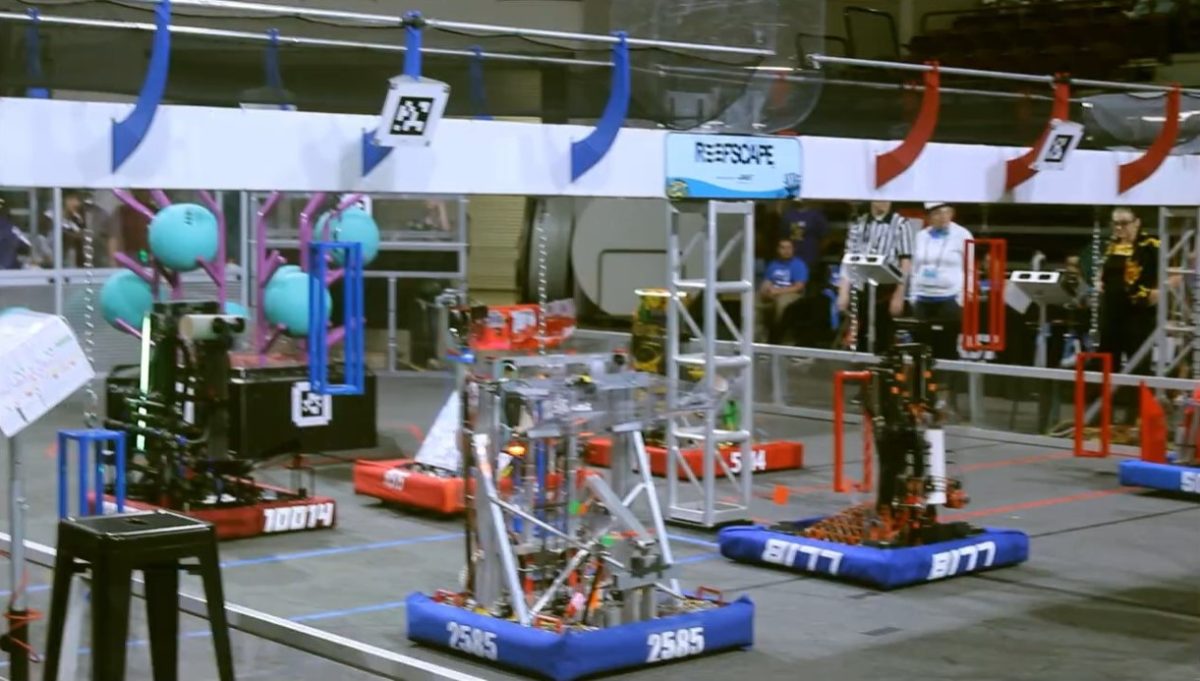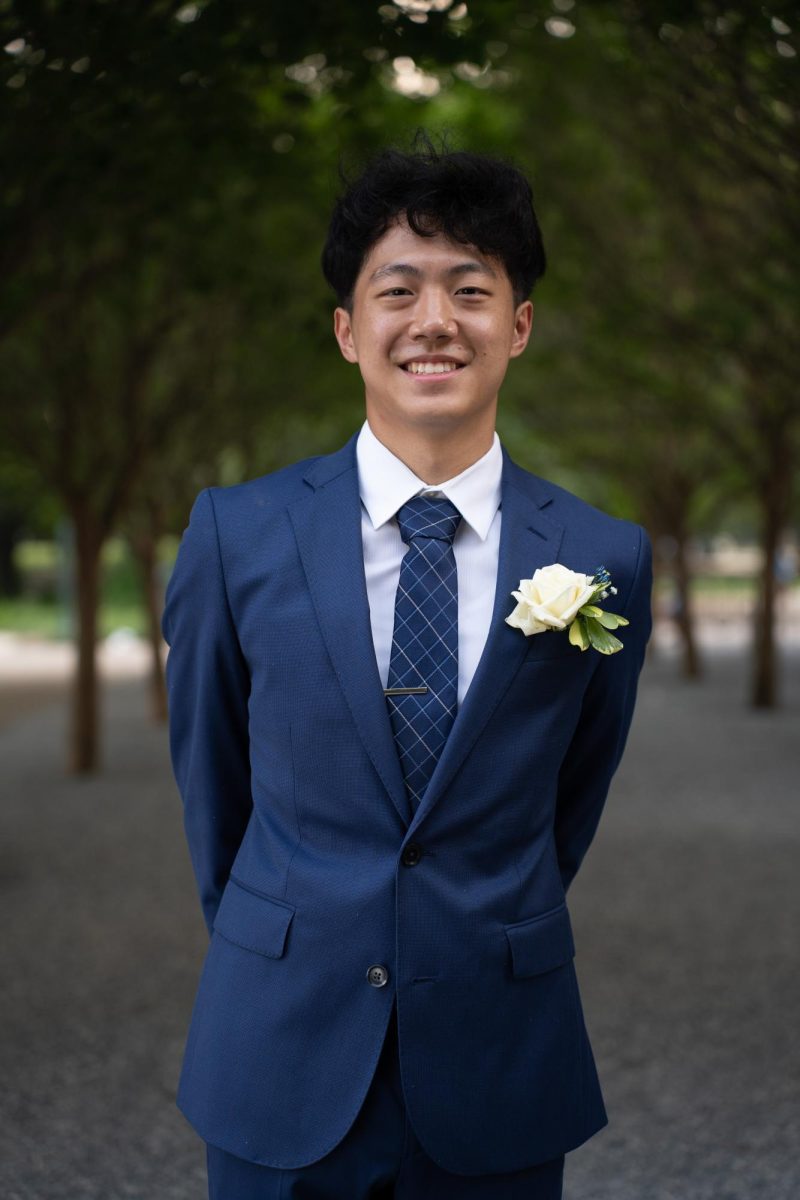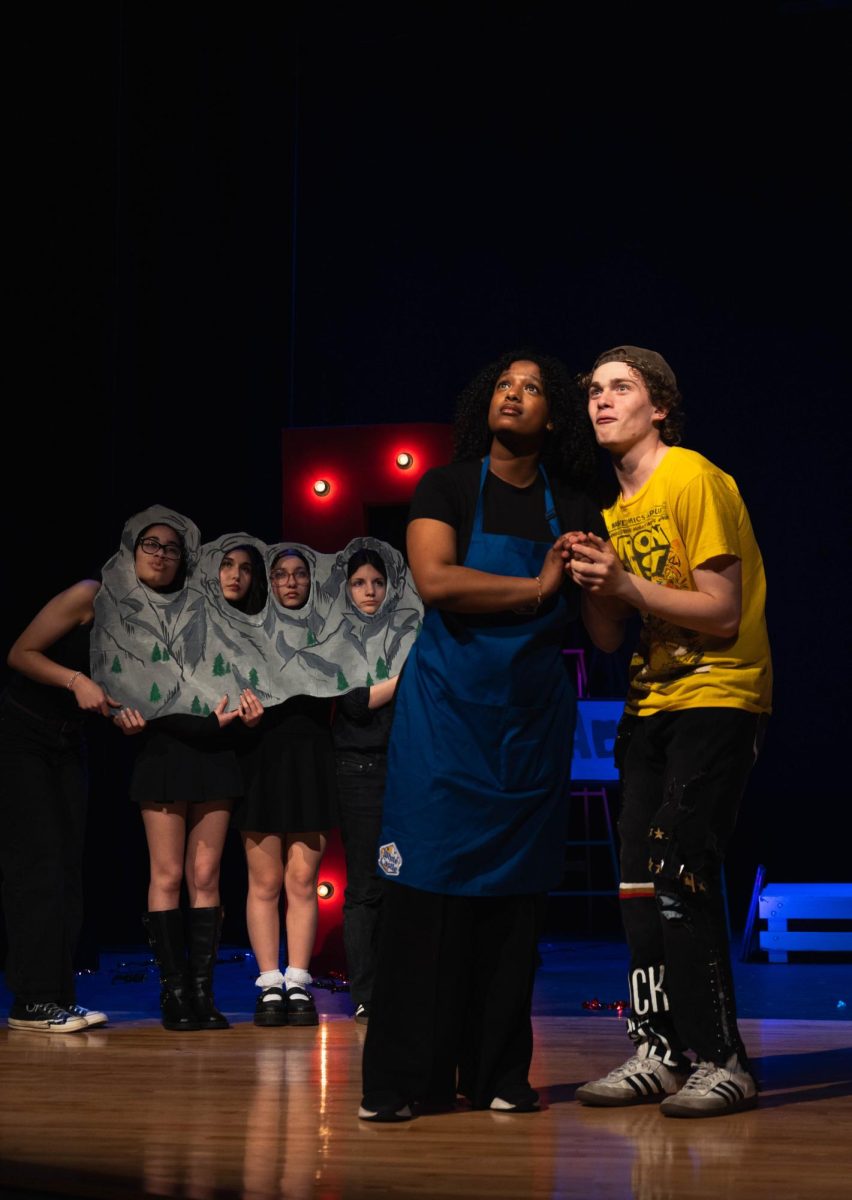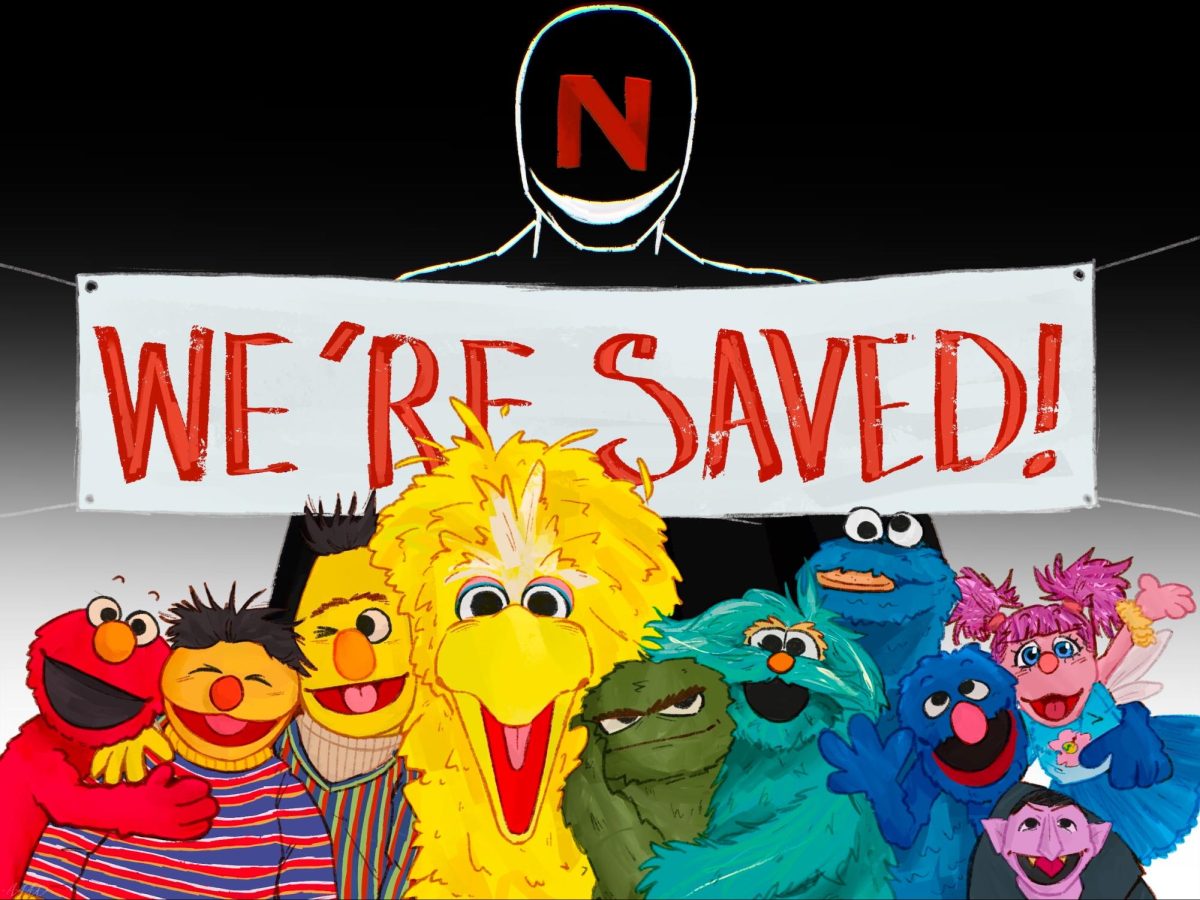Native and Non-Native Speakers Receive Awards at Russian Olympiada
Russian Contestants Featuring Top Heritage Speaker Julia Kurhanska (Far Right)
May 21, 2014
On Mar. 29, Russian Students participated in the USA-Texas Olympiada of Spoken Russian at UT Austin. Sophomore Julia Kurhanska placed as the top heritage speaker in the state, and sophomore Cianan Dewsnap won first place for non-native speakers and will join the USA team of 6 advancing to the International Olympiad of Spoken Russian in Moscow this coming June. Along with these winners, freshman David Khachaturyan won gold in the USA contest and an international gold at the Pushkin Institute in Moscow.
There were three parts of the competition that tested how well contestants understood the Russian language and culture.
“There’s one part where you speak about yourself, about your family, what your interests are and what you do on your spare time,” Dewsnap said. “There is a second section that is about the culture and geography of Russia. The third one is about literature; I recited poems and translated texts.”
After placing first at the state contest, Dewsnap advanced to the next round. He, along with other finalists across the nation, went through an application process that tested their eligibility through a phone interview in Russian.
“This competition is just for non-native speakers,” Dewsnap said. “There’s me from Texas and 5 other people from the Northeast on the 6-man team going to Moscow.”
The competition for native speakers was slightly different in that it primarily focused on reading and writing as well as poetry.
Kurganskaya competed in the heritage speaker competition. Both she and her parents are native Russians and speak Russian fluently as their first language.
“My parents tell me that my grammar is not so great.” Kurganskaya said. “I guess, relative to other heritage speakers, it’s pretty good. Placing first made me feel like my Russian was not as bad as I thought it was.”
Russian teacher Lisa McLendon encouraged Dewsnap and other Russian students to take part in the contest. McLendon provided them with packets and index cards to prepare in class for the competition.
“Of course, I did study a lot at home too,” Dewsnap said. “And I think that’s the reason I did well.”



